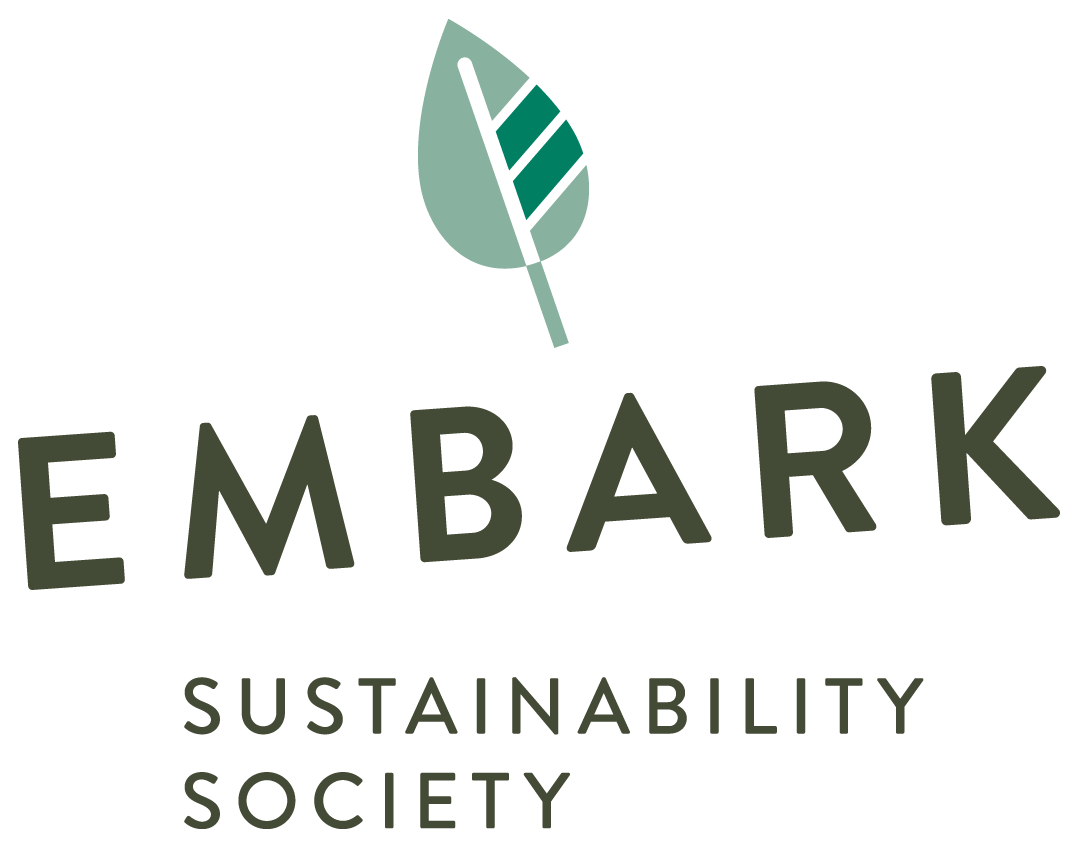Organic but not Sustainable
Sustainable agriculture is the act of producing food with little to no harm to communities and animal welfare. It protects the environment as a whole and practices methods that will last for future generations. But to what extent are the labels or certificates printed on the products we buy in stores mean what they really mean? How do they get certified? Is it sustainable or simply “organic” in terms?
*Frank Trentmann, a professor at the University of London emphasizes on consumer consumption in his article, ‘Citizenship & Consumption’, and remarks “consumers through their everyday practices, consciously or unconsciously, leave an active mark on larger social systems.” Relating it to our context, we, as customers, have the capacity to change our environments and actively put a mark on sustainability by sharing awareness and modify everyday life practices.
The tacit prices of organic culture are higher for a reason. They’re fairly grown in smaller areas with more regulations, care, and no usage of toxic or persistent chemical fertilizers that may harm animals, the public, or the environment. Thus organic meat comes from farms that use organic feed (grass fed for example) and no growth hormones or antibiotics but it doesn’t necessarily mean that it’s sustainable.
Traditional farming, crop rotation, and recycling crop waste are few examples that can be used by corporations to reduce and help manage agriculture sustainability, with respect to other methods. But with the rise of organic culture and its consumers, industrial farms and agriculture magnets may not abandon their techniques because it’s easier and cheaper to simply ‘not care’.
One thing to note is the difference between the idea of sustainability and organic culture. An industrial farm may be certified organic if it passes through the requirements of “organic” but may not be sustainable; yet a small, local farm can be looked at as sustainable (and organic) by recycling its waste and being self-sufficient to its fertility needs.

What can we as consumers do at this point? Foremost, it is to be aware of the certificates, organic culture, fair trade and animal welfare environment. Some companies don’t necessarily follow the principles of being organic which we need to pay attention to if we really wish to become sustainable consumers.
Frank Trentmann also notes, “A civic concern with freedom and sustainability, in other words, is not a separate island, as with many political theorists and philosophers, but part and parcel of changing consumer practices.” In relation to the consumer ideology and concerns of the habitat, we can influence companies to reduce the use of inorganic substances that may potentially harm humans and the environment because the relationship is symbiotic.
Sustainability may feel impractical in this day and age, and the corporate world ultimately has the radiate stance over the decision, but it’s up to us, the consumers, to effect the shift towards a successful sustainable ecology and development instead of stagnation.
Sources:
http://www.sustainabletable.org/246/sustainable-agriculture-the-basics
http://www.sustainabletable.org/253/organic-agriculture
http://modernfarmer.com/2015/10/the-bad-news-about-organic-industry/
*Frank Trentmann is a professor in the University of London and a specialist in the history of consumption and consumer culture. Journal : Citizenship & Consumption. Published July 1st 2007.
